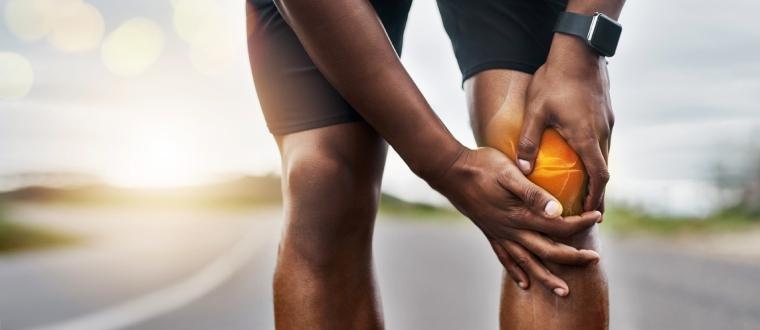
Meniscus Tears
Meniscus tears are a common, debilitating injury caused by sudden twisting, straightening, or bending of your knee. While the menisci in your knees act as internal shock absorbers for everyday movement and intense physical activity, excessive loading leads to injury.
An injury in the meniscus’ connective tissue can take a long time to heal, keeping you out of activities that you love. This is why patients in Glenview, IL, visit Dr. Vadim Dekhtyar, DACM at Life Balance Clinic to speed their recovery time with acupuncture for torn meniscus.
How Does Acupuncture Help for Meniscal Tears?
Acupuncture for torn meniscus works in several ways. It may block pain signals while promoting the healthy flow of blood, Qi, and nutrients to and from the injured area. Some lab research has found that acupuncture can shift gene expression in beneficial ways, by increasing expression of pro-healing factors while reducing those that contribute to tissue damage.
Researchers around the world have documented the benefits of acupuncture for the treatment of meniscus tears. For example, a case series of patients with meniscus tears found significant benefit in reducing pain and improving mobility. These benefits were seen in as little as two weeks, as the patients were all hospitalized for its duration.
Acupuncture may also be beneficial if you need surgery. Patients in a study combining the treatments saw faster recovery of their ability to walk and climb stairs, and had better range of motion and stability. They had less muscle loss, pain, joint locking, and limping compared to those who only received standard rehabilitation exercises. In fact, lab research demonstrates that acupuncture can reduce muscle loss during a lack of physical activity by promoting the production of new proteins and preventing their breakdown.
Laser acupuncture for meniscus tears
In addition to traditional acupuncture methods, laser acupuncture treatment can offer unique benefits for meniscal tears. Laser acupuncture utilizes low-level laser therapy (LLLT) to stimulate acupuncture points, providing a non-invasive and painless alternative to traditional acupuncture needles. This treatment modality has been shown to accelerate tissue healing, reduce inflammation, and alleviate pain associated with meniscal tears. By promoting cellular repair and regeneration, laser acupuncture can complement traditional acupuncture techniques, offering patients a comprehensive approach to managing their condition.
What to expect at an acupuncture session for a meniscus tear?
Acupuncture treatments are performed in a relaxing environment, whether they are part of meniscus tear therapies or for another indication.
Dr. Vadim Dekhtyar will first take a detailed consultation. As Chinese medical therapies operate under holistic principles, this includes both your injury and questions about your overall health. Pulse and tongue examination are also included. Then, he will formulate a treatment plan individualized to your needs.
Acupuncture uses tiny disposable needles that are able to stimulate and regulate Qi flow when placed at shallow depths in points on specific meridian channels. They are not painful once inserted, but you may feel a slight tingling sensation.
How many sessions will be required?
The number of sessions you will need can vary by the severity of your injury and your baseline capacity to heal. For example, one case study on meniscus tear treatment with acupuncture involved 24 sessions over 12 weeks. You may need as few as eight or 10 sessions, or you could need over 20 with ongoing treatment less frequently.
How to make an appointment for acupuncture for meniscus tears?
At Life Balance Clinic, Dr. Vadim Dekhtyar, DACM has brought decades of experience and the latest knowledge to Glenview patients. To make an appointment for traditional acupuncture, laser acupuncture, or another one of our meniscus tear therapies, contact us today.